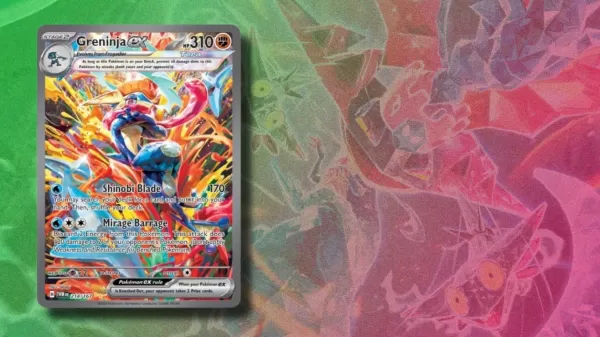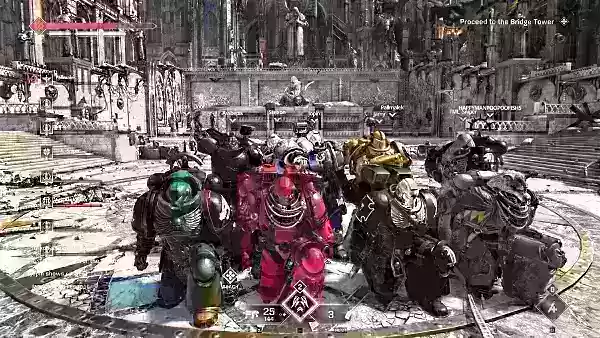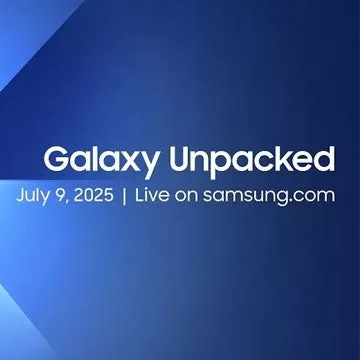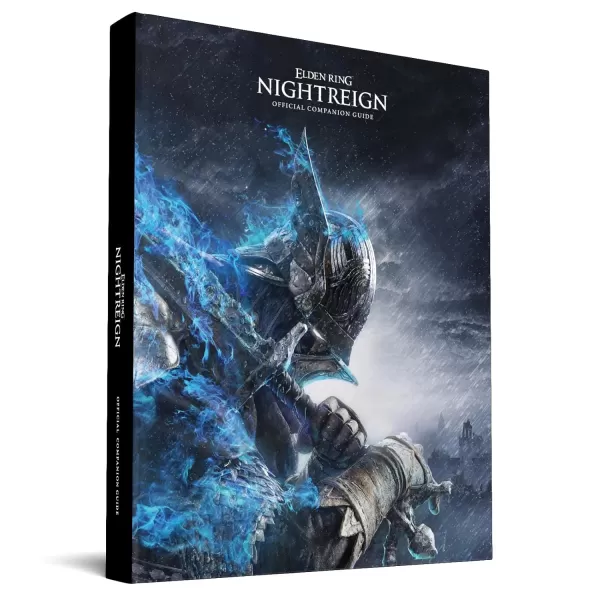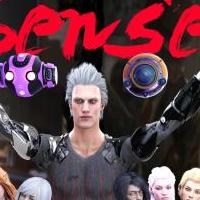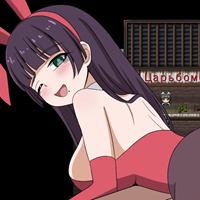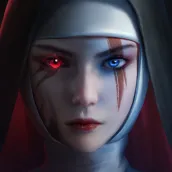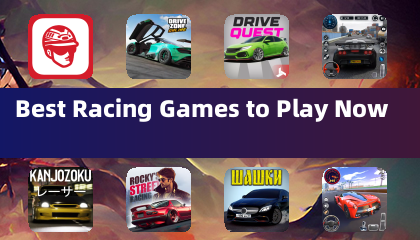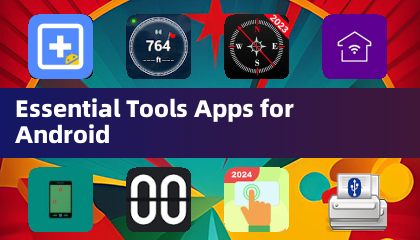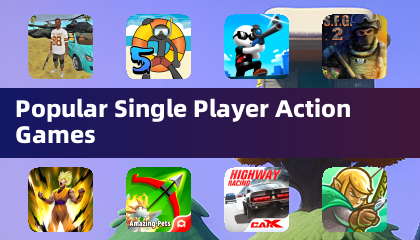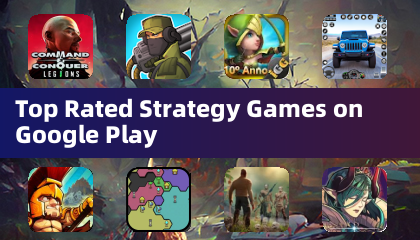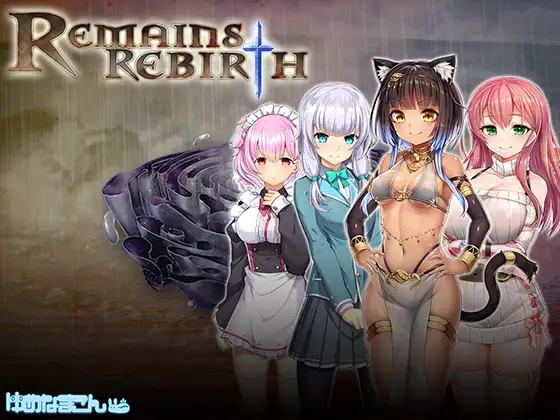Video games have long transcended their roots as mere action-packed, adrenaline-fueled escapades. Hideo Kojima, the visionary behind the Metal Gear Solid series, introduced a groundbreaking narrative with Death Stranding, exploring the themes of division and connection in a world before the global pandemic. The game's unique story structure and innovative delivery-focused movement mechanics opened up new realms of possibility in gaming.
In the sequel, Death Stranding 2: On the Beach, Kojima delves even deeper into these themes, posing the poignant question, "Should we have connected?" As the game's release date of June 26, 2025, draws near, we explore the stance Kojima has taken in crafting its narrative, especially as the divisions within our world continue to widen.
The development of Death Stranding 2 unfolded amidst the unprecedented challenges of the Covid-19 pandemic. This context forced Kojima to re-evaluate the concept of "connection." He had to navigate his understanding of technology, adapt to new production environments, and reconsider the nature of our relationships with one another. How did these factors shape his vision for the sequel?
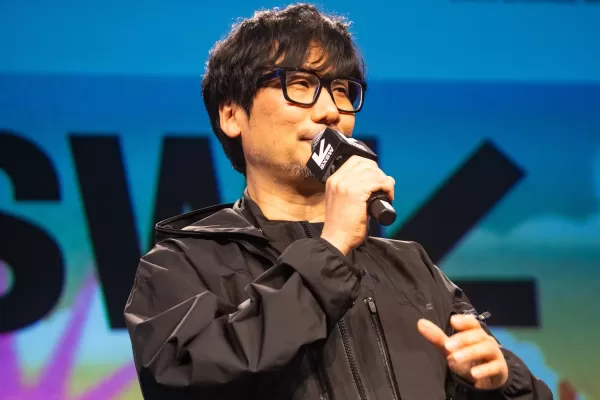 In an exclusive interview, Kojima discusses the philosophical underpinnings of the game's production. He reflects on what elements from the original game were left behind and which have been carried forward into Death Stranding 2. Additionally, he shares insights on contemporary society and its intricate relationship with his games.
In an exclusive interview, Kojima discusses the philosophical underpinnings of the game's production. He reflects on what elements from the original game were left behind and which have been carried forward into Death Stranding 2. Additionally, he shares insights on contemporary society and its intricate relationship with his games.

